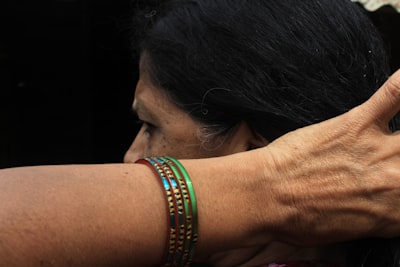Understanding the Kolkata Gangrape Case and the Broader Crisis
The recent Kolkata gangrape case—with medical reports confirming sexual assault and bodily injury, and controversial statements from political leaders—has reignited concerns about sexual violence, consent, and law enforcement’s role in India. This incident is not isolated. Instead, it sheds light on the distressing trend of rapes committed by acquaintances, raising questions about safety, victim support, and social accountability.
Sexual Assault by Acquaintances: The Hidden Epidemic
- Fact: Data from NCRB (National Crime Records Bureau) often indicates that the majority of rapes in India are committed by people known to the victim—friends, partners, relatives, or neighbors.
- Why is this overlooked? Social stigma, victim-blaming, and reluctance to report, especially when the perpetrator is a friend, deter survivors from seeking justice.
The Role of Medical Examination in Sexual Assault Cases
Medical tests are critical in confirming sexual assault allegations. In the Kolkata case, evidence included bite marks and scratches, corroborating the victim’s account. However, reliance on physical proof alone may sometimes overlook the psychological trauma and complexities of consent.
Political Responses and Social Responsibility
The controversial statement by a TMC leader—"If a friend rapes another friend, what can we do?"—reflects a problematic mindset. Such comments (often called victim-blaming or minimization) fuel public anger and highlight the urgent need for:
- Sensitization of public representatives
- Accountability and informed responses
- Comprehensive sex education and consent awareness
What Can Be Done? Solutions and Public Awareness
- Stronger law enforcement: Quick investigation, stern punishment
- Victim support: Counseling, helplines, legal aid
- Community programs: Workshops on consent, bystander intervention
- Social media campaigns: Breaking the silence, removing stigma
FAQ: Common Queries About Sexual Assault in India
Q1: Are most rape cases committed by people the victim knows?
A: Yes, national statistics show that in most cases, perpetrators are known to the victim.
Q2: How can victims seek help?
A: They should approach the nearest police station, use helplines like 181 or 1091, and seek medical attention. Many NGOs offer counseling.
Q3: What legal rights do rape survivors have in India?
A: Survivors have the right to free medical care, legal assistance, and the ability to record statements in a comfortable setting, often by a female officer.
Conclusion: Moving Beyond Outrage to Action
The Kolkata gangrape case is a stark reminder of the need for societal change, beyond mere legal recourse. Breaking stereotypes, spreading awareness about consent, and demanding responsible leadership are vital.
This article was inspired by the headline: ' कोलकाता गैंगरेप केस- मेडिकल जांच में दुष्कर्म की पुष्टि:शरीर पर काटने, खरोंच के निशान; TMC नेता बोले- दोस्त ही दोस्त का रेप करे, तो क्या करें '.

Comments
No comments yet. Be the first to comment!